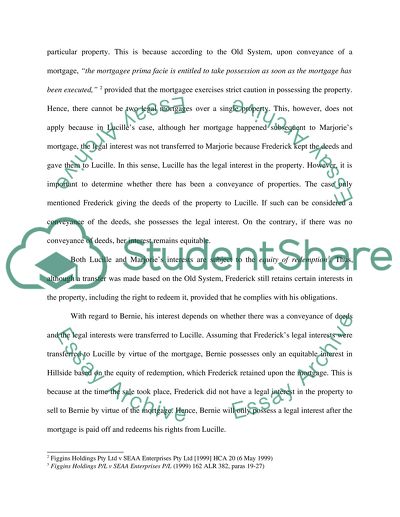Cite this document
(“Property Land Law Essay Example | Topics and Well Written Essays - 1000 words”, n.d.)
Property Land Law Essay Example | Topics and Well Written Essays - 1000 words. Retrieved from https://studentshare.org/law/1514977-property-land-law
Property Land Law Essay Example | Topics and Well Written Essays - 1000 words. Retrieved from https://studentshare.org/law/1514977-property-land-law
(Property Land Law Essay Example | Topics and Well Written Essays - 1000 Words)
Property Land Law Essay Example | Topics and Well Written Essays - 1000 Words. https://studentshare.org/law/1514977-property-land-law.
Property Land Law Essay Example | Topics and Well Written Essays - 1000 Words. https://studentshare.org/law/1514977-property-land-law.
“Property Land Law Essay Example | Topics and Well Written Essays - 1000 Words”, n.d. https://studentshare.org/law/1514977-property-land-law.


